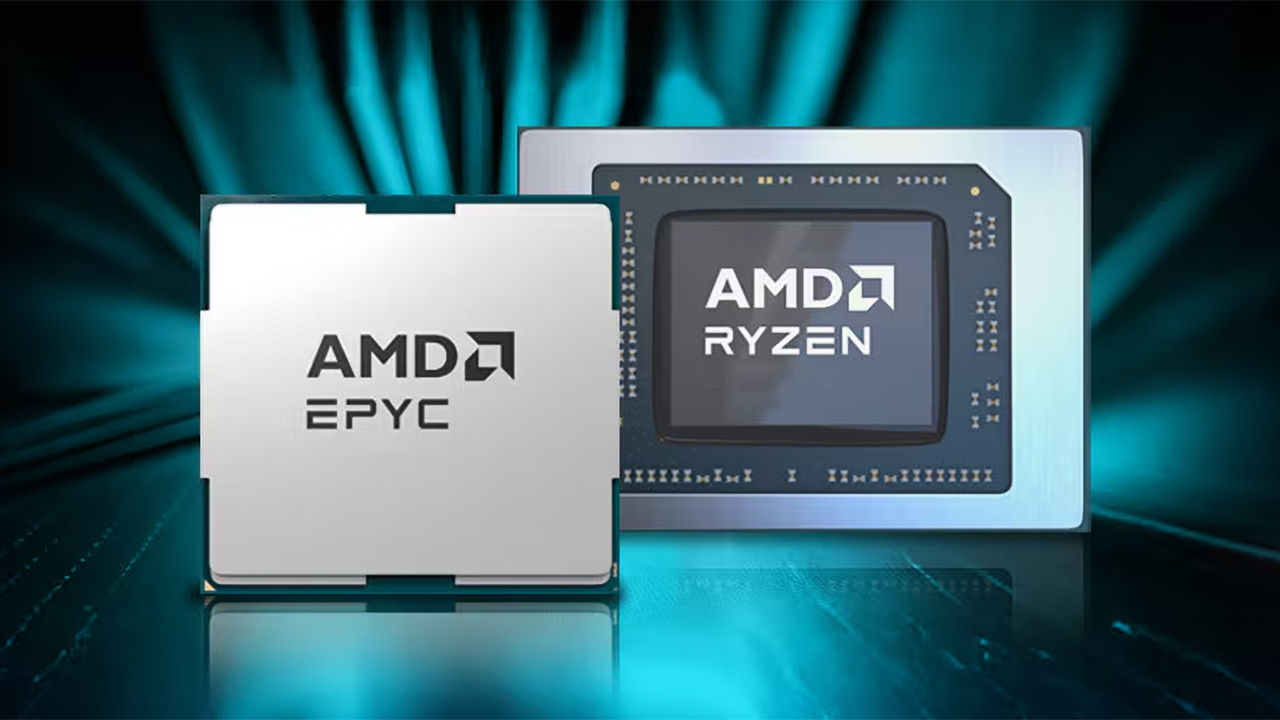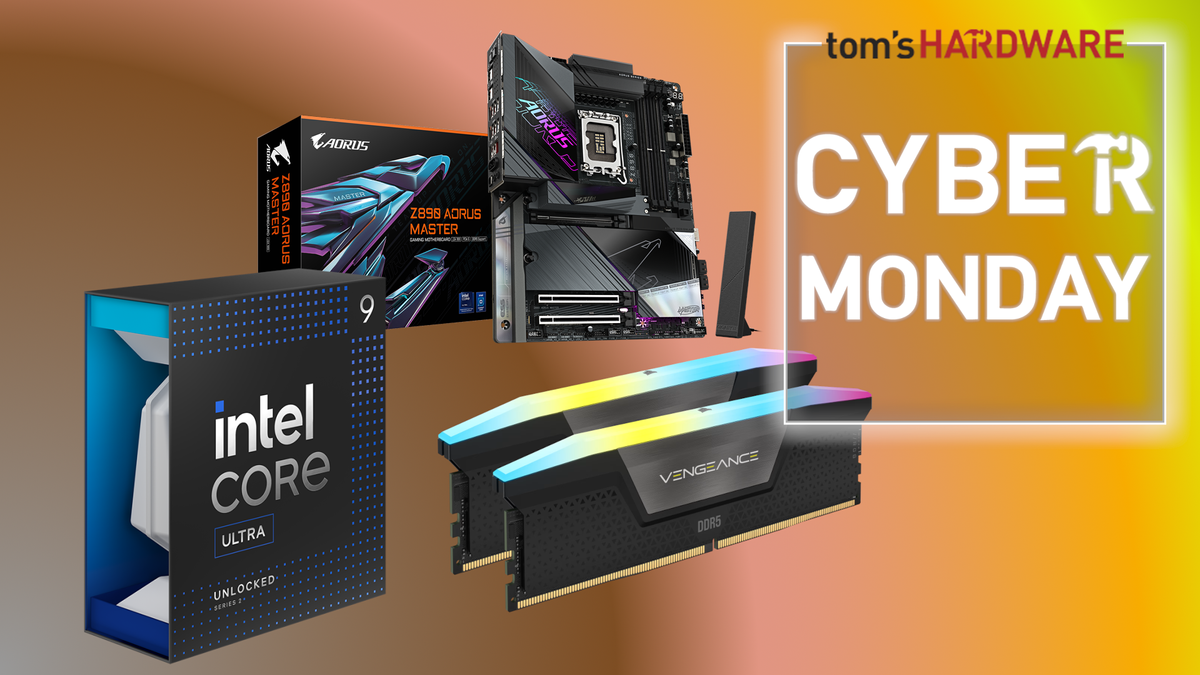AMD this week said in a blog post that ASE Technology, the world's largest outsourced semiconductor assembly and test (OSAT) provider, has transitioned to EPYC and Ryzen processors across its data centers and client systems, respectively. The transition has resulted in significant performance improvements and energy efficiency gains. However, perhaps more important is that ASE is now evaluating AMD's Instinct MI300-series processors for AI workloads.
By adopting AMD's EPYC processors for servers and Ryzen CPUs for client desktop and laptop PCs, ASE achieved a 50% boost in system performance and a 6.5% reduction in power consumption compared to its previous infrastructure, which resulted in a 30% decrease in total cost of ownership, delivering both operational and financial benefits. AMD's blog does not disclose which processors ASE used before adopting AMD-based solutions, nor does it indicate whether all systems in ASE's fleet now use EPYC or Ryzen processors. However, the mention of operational and financial benefits points to a substantial adoption of AMD-based systems.
"We need to handle a big volume of data analysis, including leading-edge technology for AI applications and our smart factories," said Jekyll Chen, Director of IT Infrastructure for ASE. "We work for many semiconductor companies. Our challenges are the need for high performance, low latency, and high core count, in alignment with ASE's ESG policy. Stability and scalability are two primary goals for us."

ASE Technology Holdings is the world's largest outsourced semiconductor assembly and test provider, with packaging facilities in China, Japan, Korea, Malaysia, Singapore, and Taiwan. The company has worked with AMD on advanced 2.5D packaging since 2007, and this largely resulted in the invention of high-bandwidth memory (HBM). However, while ASE does provide packaging services for AMD these days, we are unsure whether ASE packages AMD's AI GPUs, as Instinct processors utilize TSMC's CoWoS technology.
AMD says that many companies are adopting or evaluating its Instinct processors for on-prem AI inference, though ASE is probably the first company of this scale to confirm the evaluation of these accelerators. In fact, the confirmation may indicate that ASE is close to adopting Instinct MI300-series GPUs for its internal AI workloads.
"We must perform data processing, run AI algorithms, and make sure everything operates smoothly, efficiently, and with the flexibility needed in our smart factories," Chen said. "For client PCs, we need to make sure that they meet the needs of engineering design and the high-performance objectives of digital transformation. We also evaluated the performance, stability, core count, efficiency, total cost of ownership, AI speed, and multi-tasking capabilities of the new servers."
Follow Tom's Hardware on Google News to get our up-to-date news, analysis, and reviews in your feeds. Make sure to click the Follow button.

 5 months ago
93
5 months ago
93







 English (US) ·
English (US) ·